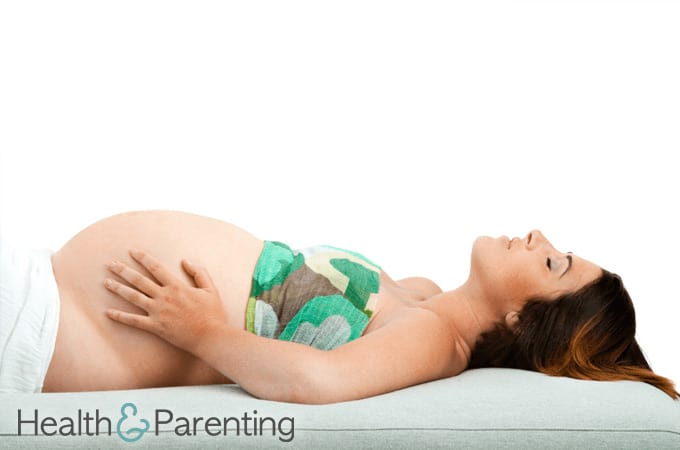Shortness of breath, or breathlessness, is very common during pregnancy. Over half of all pregnant women will experience it at some point. Some women describe it as feeling winded. Others say they feel unable to catch their breath, even after only walking a short distance.
Your oxygen intake increases by about 20 per cent during pregnancy. As well as your own oxygen needs, you are now providing oxygen to your baby, the placenta and your uterus.
During the first trimester, progesterone increases your lung capacity to allow you to take deeper breaths. Throughout the pregnancy, you won’t take more breaths per minute, but the amount of air you inhale with breath will significantly increase.
During the third trimester, your uterus will put pressure on your diaphragm and will effectively reduce lung capacity. You may find that your breathing improves during the very last few weeks of pregnancy. As the baby drops down slightly in preparation for the birth, you will feel less pressure on your diaphragm. You should be able to breathe easy for those last few weeks. If this is your second baby, you may unfortunately find that your baby doesn’t drop until the very end of the pregnancy, and so any relief will be short lived.
How to reduce shortness of breath in pregnancy
Although common and nothing to worry about, shortness of breath can be frustrating for pregnant women. If you used to have an active lifestyle, and now get out of puff walking to the bathroom, it can be a shock. There are some steps you can take to reduce shortness of breath:
- Good posture – keeping your back and shoulders straight will allow your lungs the maximum room possible to expand into.
- Extra pillows – if breathlessness is keeping you awake, try propping yourself up on extra pillows.
- Take it easy – don’t push yourself too hard. If you’re feeling breathless, take a break.
- Arms up – if the third trimester organ squeeze is causing you problems, lift your arms up. This will take pressure off your rib cage and allow you to breathe more easily.
- Eat healthy – breathlessness can be made worse by being overweight. Eat a healthy diet to maintain a healthy pregnancy weight.
- Yoga – the breathing exercises taught during yoga may help you to take control of your breathing. The gentle exercise will also help you to stay fit.
While it may be uncomfortable for you, shortness of breath will not affect your baby.
When to speak to a doctor
You should contact your healthcare provider immediately if:
- Breathing is painful.
- Breathlessness worsens when you lie down.
- You experience heart palpitations, or faintness.
- You have a blue tinge around your fingers, toes or lips.
- You feel you are not getting enough oxygen.
- You have a persistent cough.
- You have coughed up blood.
- You have worsening asthma.
If you feel worried about the breathlessness you are experiencing, you should speak to your healthcare provider about it.
Written by Fiona (@Fiona_Peacock), mother, writer and lover of all things baby related.
This information is not intended to replace the advice of a trained medical doctor. Health & Parenting Ltd disclaims any liability for the decisions you make based on this information, which is provided to you on a general information basis only and not as a substitute for personalized medical advice. All contents copyright © Health & Parenting Ltd 2018. All rights reserved.










